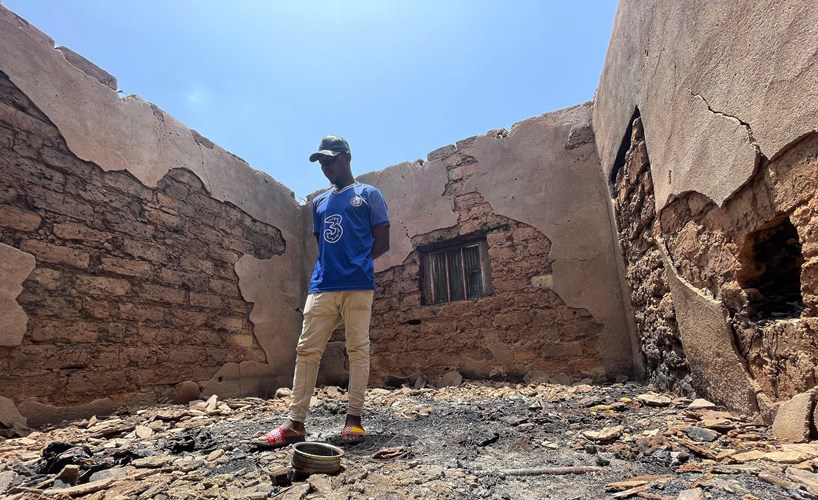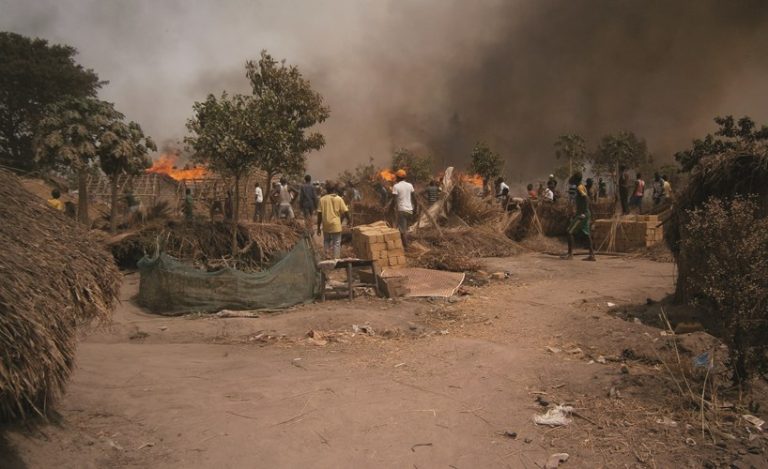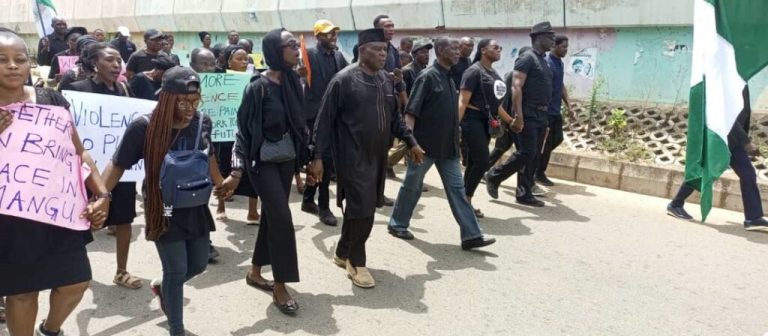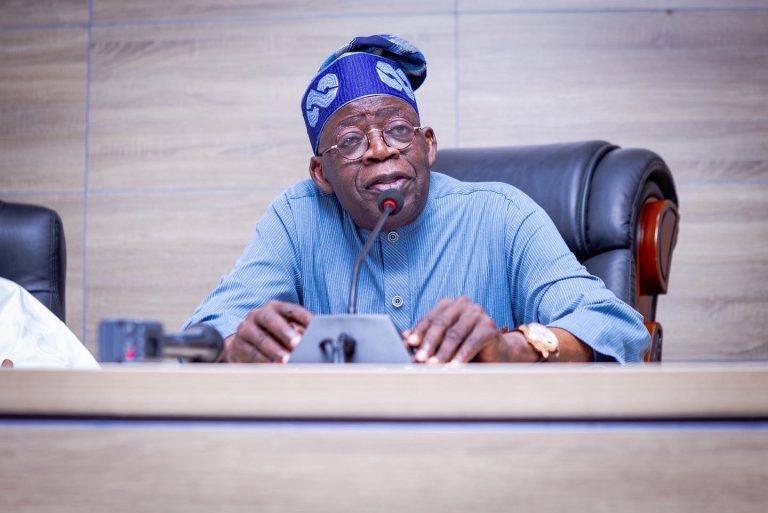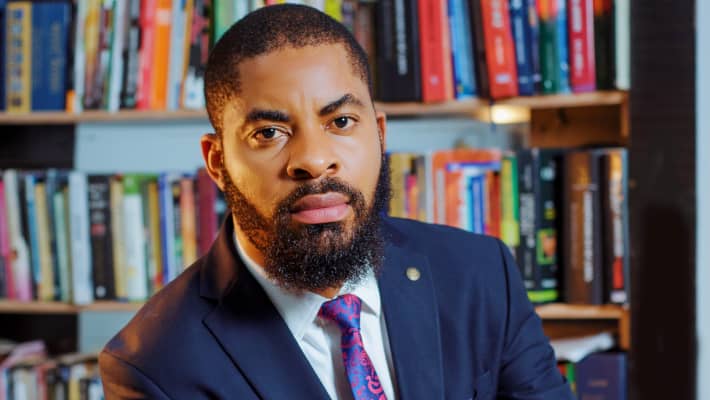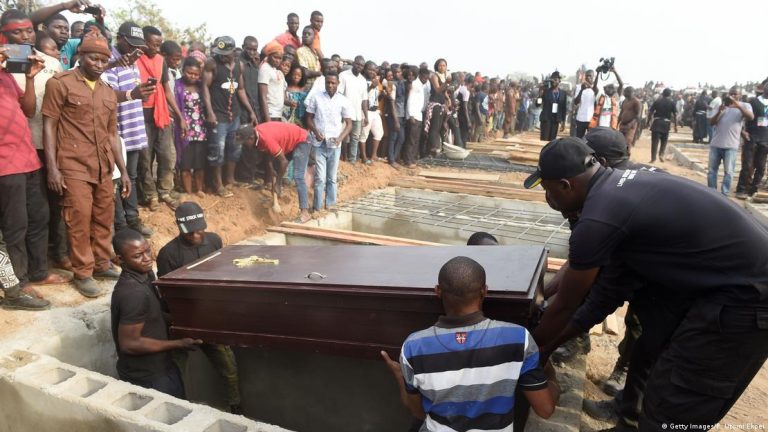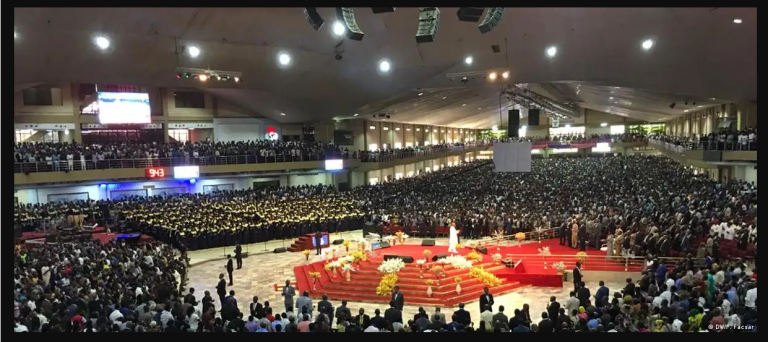Archbishop calls for cycle of violence to be broken in Nigeria
HUNDREDS of people have died in the escalation of violence in Plateau State, Nigeria, in recent weeks. Dozens of attacks by Fulani herders on villages were reported last month (News, 5 May). Conflict between the mostly Christian farmers and the herders, who are Muslim, has been going on for decades, but has intensified in recent…
HUNDREDS of people have died in the escalation of violence in Plateau State, Nigeria, in recent weeks.
Dozens of attacks by Fulani herders on villages were reported last month (News, 5 May). Conflict between the mostly Christian farmers and the herders, who are Muslim, has been going on for decades, but has intensified in recent years. The clashes are rooted in ethnic, economic, and religious tensions between the two groups.
The latest violence, in Mangu, began on 15 May when masked gunmen burned multiple villages. The Christian Association of Nigeria (CAN) reported that about 22 villages had been affected: a thousand buildings had been burned, and about 130 people, including babies and children, had been killed.
The president of CAN, Archbishop Daniel Okoh, urged the government and law enforcers to do more to protect people. “As a religious leader, I implore all parties involved to embrace peace and dialogue as a means of resolving their differences,” he said. “Violence only begets more violence, and we must break this cycle if we are to build a peaceful and prosperous society.”
The Stefanos Foundation, an NGO that focuses on human rights and peace-building in Nigeria, reported that, in the four months since January, 217 attacks in 34 Nigerian states had been recorded, with 1872 deaths and 714 abductions.
On the publication of the report, the advocacy manager at the Stefanos Foundation, Fatima Njoku, said: “A situation where armless, defenceless people are attacked in the middle of the night, killed with guns and machetes, houses burnt down, with their property looted and entire communities wholly displaced, is unacceptable in any civilized clime. It is even worse when the attackers are unapprehended, let alone prosecuted.”
The UK-based charity Release International, which supports persecuted Christians, said that the attacks were “religious and ethnic cleansing”. Its chief executive, Paul Robinson, said: “Predominantly Christian villages have been overrun, church buildings destroyed, and pastors targeted for assassination. Villages are being burnt out of their homes in what appears to be a systematic campaign of religious and ethnic cleansing.”
The latest attacks in Mangu are part of an escalation in violence that has been continuing for 20 years, a Release International partner, Archbishop Ben Kwashi, of the diocese of Jos, says. “We have come to another season of constant attacks on Christian villages and Christian people in central Nigeria. In April, in Benue, attacks left over 134 people dead, in systematic, calculated, well-planned killings, targeted at people who are either asleep or in their farms.
“The consistency with which these attacks have gone for nearly 20 years is a sad commentary on the leadership of Nigeria, who do not care about the poor and vulnerable, especially farmers in the villages.
“We, as Christians in the Middle Belt in northern Nigeria, are asking for concerted prayer, because the devastation is beyond human ability to bear.”

